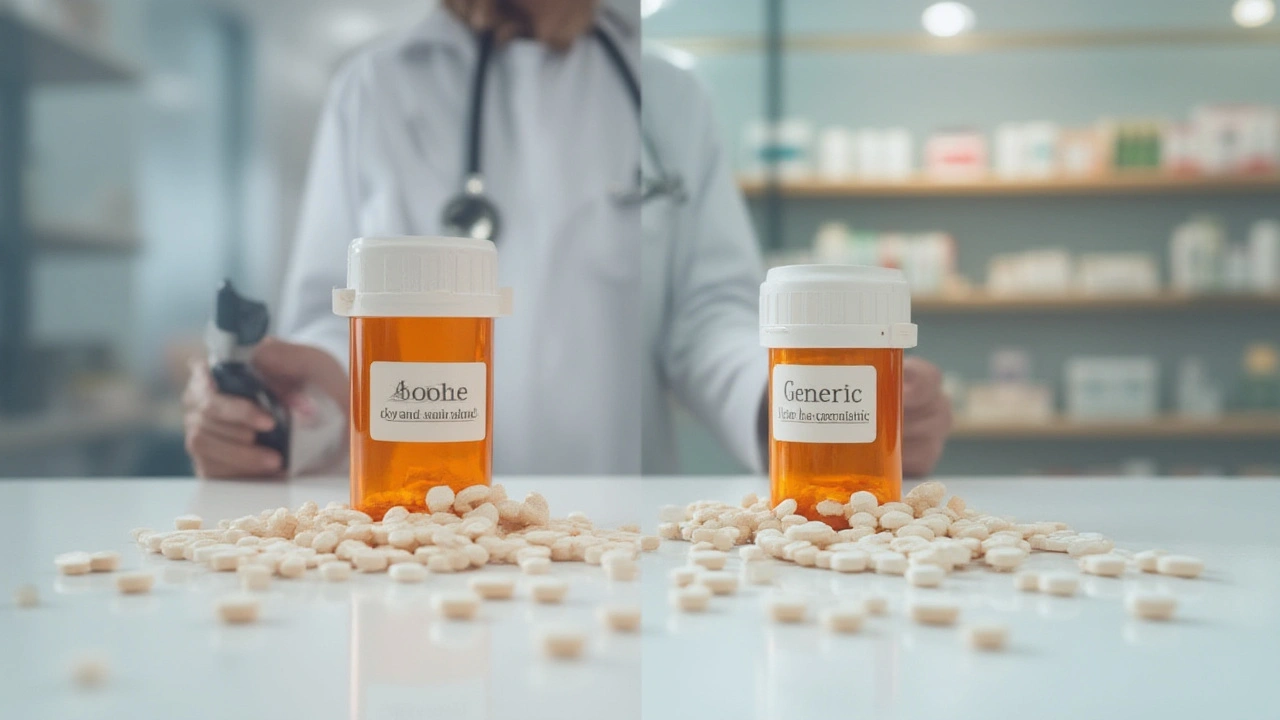Medication Costs: How to Cut Your Prescription Expenses
Ever looked at your medicine bill and wondered why some prescriptions cost so much? You're not alone. Medication costs can be a real headache, especially if you need ongoing treatment. But understanding what affects these prices can help you spot ways to save big on your drugs.
Why Are Medication Prices So High?
Drug prices are influenced by several factors—patents, production costs, and even how much companies spend on marketing. When a new drug is developed, companies get exclusive rights for several years, which means no generic versions are available to drive prices down. Also, the more complex a medication is to make, the higher the cost tends to be. Insurance coverage and pharmacy pricing also play a big role. So, what you pay at the counter isn't always obvious from the drug's base price.
Smart Ways to Save on Medication
If you want to lower your medication bills, start by asking your doctor if there’s a generic option. Generics work just like brand-name drugs but can cost a lot less. You can also compare prices at different pharmacies—prices can vary a lot from one place to another. Some websites and apps help you check the best prices nearby. Another trick is to look for pharmaceutical company discounts or patient assistance programs. Many makers of expensive meds offer coupons or assistance based on your income.
Don’t forget to check if your insurance covers your medication or look into programs that help with out-of-pocket expenses. Sometimes buying a 90-day supply instead of a 30-day one can save you money too.
Managing medication costs is all about being informed and proactive. By asking questions, shopping smart, and exploring support options, you can keep your health on track without breaking the bank. Got any medication cost-saving tips yourself? Share them and help others along the way!
1
Brand-Name vs. Generic Drugs: What Patients Really Need to Know
Learn the real differences between brand-name and generic drugs, how they’re tested, which is better for your wallet, and get practical tips for picking the best medication.
Latest Posts
Popular Posts
-
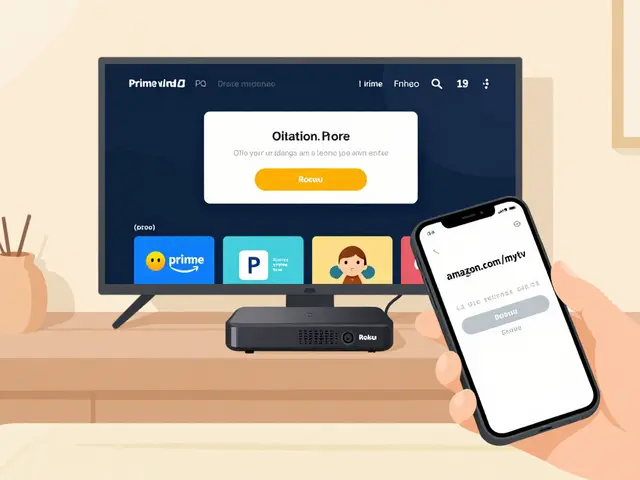 Prime Video on Roku, Fire TV, Apple TV, and Smart TVs: Step-by-Step Setup Guide
Prime Video on Roku, Fire TV, Apple TV, and Smart TVs: Step-by-Step Setup Guide
-
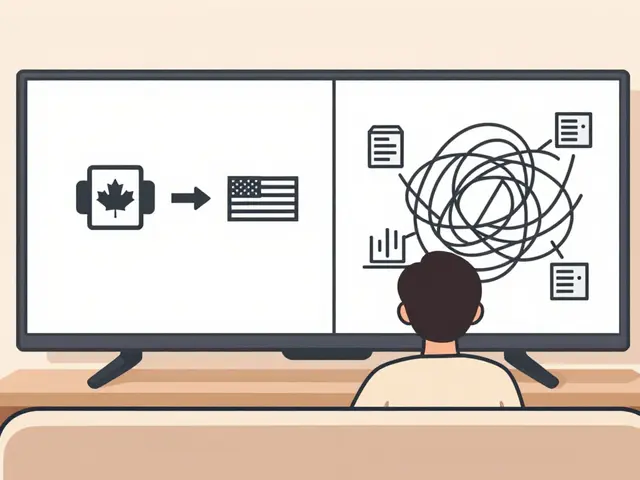 Smart DNS vs. VPN for Streaming: Which Gives You Faster Access and Better Unblocking?
Smart DNS vs. VPN for Streaming: Which Gives You Faster Access and Better Unblocking?
-
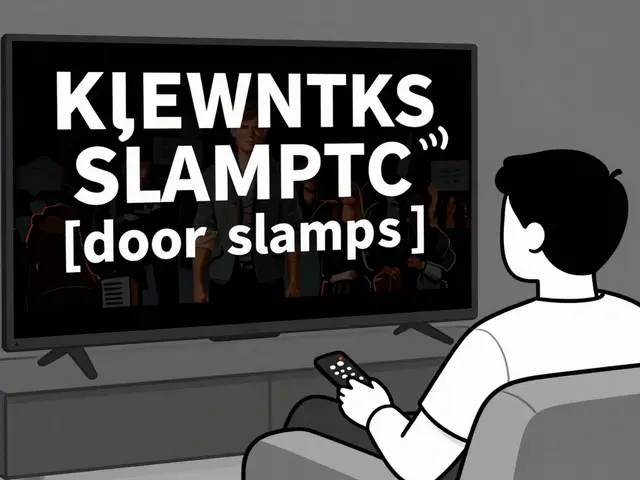 Accessibility Settings for Streaming: Captions, Audio Descriptions, and Remotes
Accessibility Settings for Streaming: Captions, Audio Descriptions, and Remotes
-
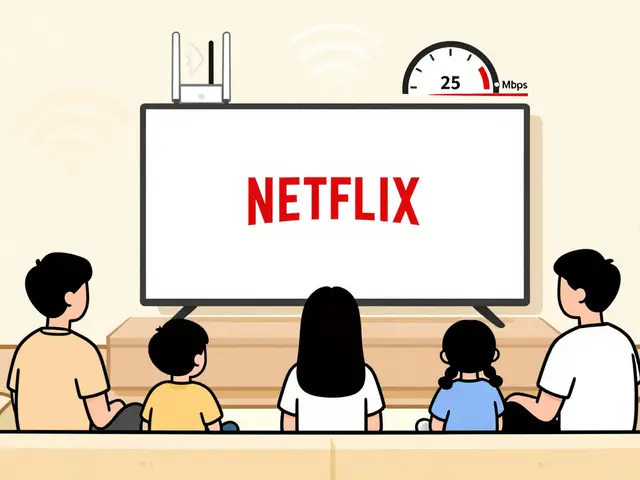 Netflix Recommended Internet Speeds: Official Requirements Explained
Netflix Recommended Internet Speeds: Official Requirements Explained
-
 Horror Soundtracks That Scare: From The Exorcist to Hereditary
Horror Soundtracks That Scare: From The Exorcist to Hereditary
Categories
Tags
- streaming services
- video editing
- video production
- parental controls
- Max streaming
- video editing software
- marketing mix
- subscription management
- streaming apps
- video editing tips
- tips
- ROI
- video marketing
- video editing tools
- marketing strategy
- Premiere Pro
- family viewing
- classic cinema
- Kurosawa
- streaming setup
